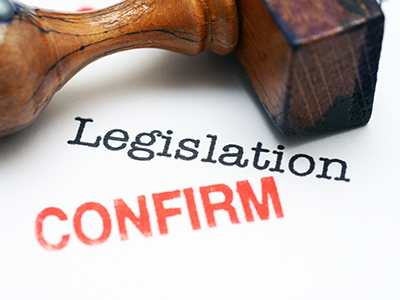This Thanksgiving, Trade Secrets Watch is serving a delicious tale about protecting trade secrets in a franchising relationship.
In 1994, Quizno’s entered into a franchise agreement with Robert Kampendahl, an enterprising fellow who wanted to open up a Quizno’s sandwich shop in St. Charles, Illinois. Unfortunately, Kampendahl didn’t keep his food equipment clean, used unapproved foods, and had safety and sanitation problems, so Quizno’s terminated the franchise agreement. Upon termination, Kampendahl was subject to a covenant not to compete that prohibited him from opening a competing sandwich shop within five miles. READ MORE











